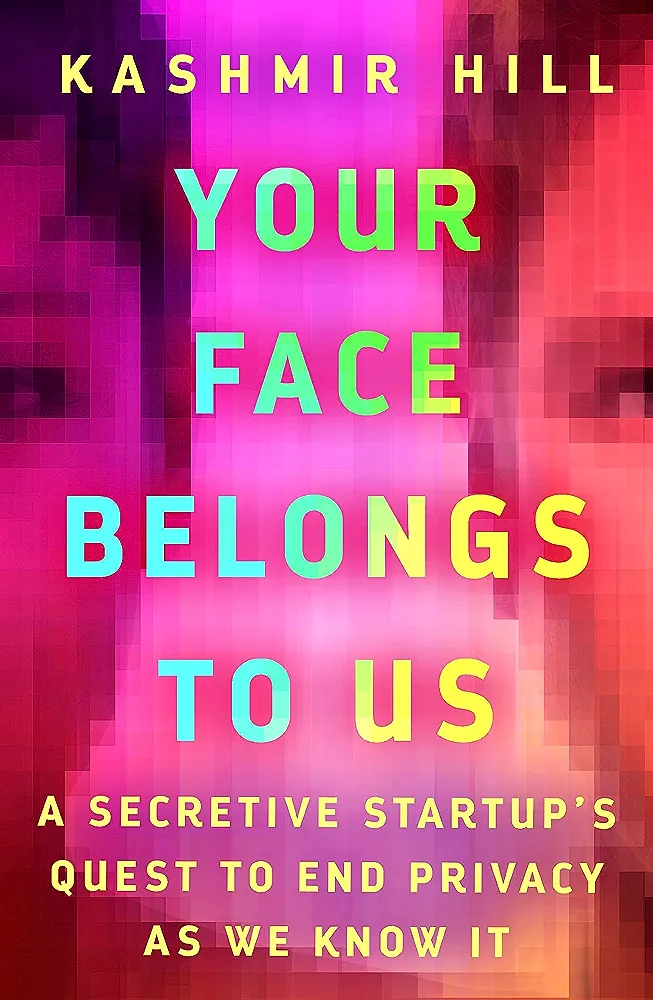This Makes the Unforgiving Internet more Permanent
4 stars
The opening of this book is pretty solid for creating suspense on the topic, then Hill moves into the history of facial recognition, which slows the narrative considerably; however, the book is well worth sticking with. Once the author moves into use cases and stories, the danger of ubiquitous facial recognition becomes pretty clear.
One of the reviews I read would like Hill to lean away from politics, particularly because she’s clearly anti-Trump, probably because he’s made it very clear that he’ll use any means necessary to punish his “enemies.”
I don’t have any issues with either the overt or implied integration of politics in this book because the use of facial recognition will be (is?) inherently political. What happens when someone comes into power in the U.S. or another country whose views I don’t agree with?
Whether that person is a local sheriff or the POTUS …
The opening of this book is pretty solid for creating suspense on the topic, then Hill moves into the history of facial recognition, which slows the narrative considerably; however, the book is well worth sticking with. Once the author moves into use cases and stories, the danger of ubiquitous facial recognition becomes pretty clear.
One of the reviews I read would like Hill to lean away from politics, particularly because she’s clearly anti-Trump, probably because he’s made it very clear that he’ll use any means necessary to punish his “enemies.”
I don’t have any issues with either the overt or implied integration of politics in this book because the use of facial recognition will be (is?) inherently political. What happens when someone comes into power in the U.S. or another country whose views I don’t agree with?
Whether that person is a local sheriff or the POTUS doesn’t really matter. Technology can be weaponized against anyone, so avoiding the political lens is nearly as dangerous as the technology itself. We must consider both the positive and negative use cases, and then create barriers to limit the negative uses of the technology if possible.
Hill does a nice job telling the emotional story of the technology. Reading the tale of the man mis-identified by ClearView, arrested without followup evidence, and then held for a few days is heartbreaking. I hope his family gets a good settlement and the deputies in that story learn a powerful lesson, something better than, “Oh, hey, he really doesn’t look like the guy in this photo. Maybe we should have done more checking first.”
While ClearView-level facial recognition can solve a lot of problems like making it easier to separate and identify looters and rioters during a protest, it will also make it easier for the opposing side to identify and harass those participating in a legal protest. It provides tools for stalkers to unmask the pseudonyms of sex workers, making them less safe. It will make separating oneself from the past, getting a fresh start nearly impossible. Witness protection will be dead.
This technology makes the unforgiving nature of the internet just that much more permanent.

